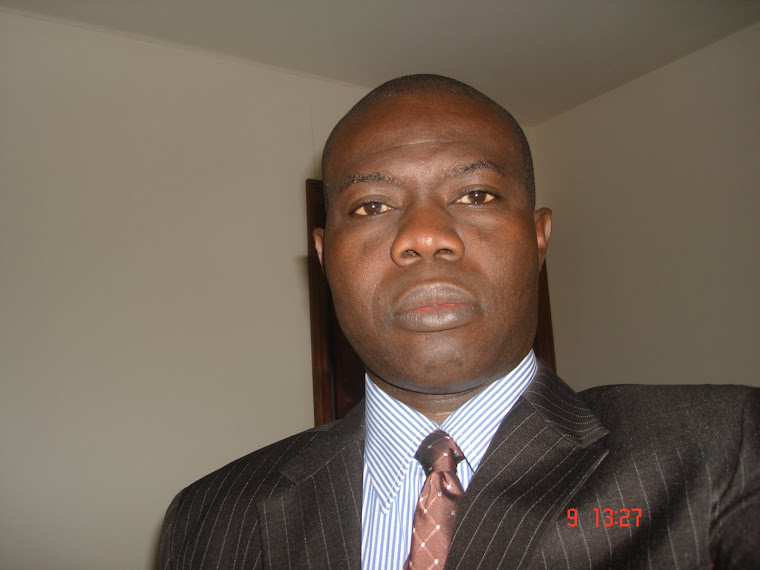Posted by: Dr. Joseph Ozigis Akomodi
What G8 is Supposedly About
As the Group of 8 nations prepare for the annual July 2005 Summit in Scotland, the dire development needs of Africa will again come into sharp focus. A recent report on development issues worldwide by the United Nations concludes that Africa is neither on course to meet goals of halving poverty rates by 2015 nor moving significantly to improve access to portable water and basic sanitation. Prime Minister Tony Blair of Britain will host the annual meeting and his government will assume the presidency of the Group of 8 nations until the next annual meeting. The British government is already off the gates with a major report on development assistance in Africa.
To avoid the rhetorical flair of past annual meetings and achieve concrete, verifiable consensus on how best rich nations can assist Africa overcome widespread poverty, I discuss the critical, essential elements of a re-invigorated partnership for development between the Group of 8 and Africa.
Background
Africa through its New Partnership for Africa’s Development (N.E.P.A.D.) had articulated major areas of specific development assistance. These areas include urgent debt relief; significant resources for infrastructure development; sustained financial outlays so that Africa can meet the United Nations millennium development goals of halving poverty rates by 2015; and, the end of trade distortions and agricultural subsidies by rich nations so that Africa can trade its way out of poverty through better access to lucrative Western markets.
The Group of 8 in the last few annual meetings have emphasized the need for assistance in the areas of communicable diseases control, especially H.I.V./AIDS, the need for verifiable progress in governance and evidence of government-wide crackdown on corruption. As part of Britain’s plan for its presidency of the European Union and presidency of the Group of 8, the Tony Blair Commission on Africa produced a recent report on what the rich nations can do to assist Africa. The British government followed up the report with a four point proposal for Africa’s development by rich nations including 100 percent debt relief for the poorest African nations, with savings set aside for health and education programs; doubling official aid by rich nations by 2015; phased withdrawal of agricultural subsidies and end of trade distortions that make it more difficult for Africa’s goods and services to reach the West; and, the creation of a new global economic program known as the international financing facility that will initially raise funds for age-appropriate immunizations for all children in Africa.
What are the critical elements of a renewed partnership between the Group of 8 and Africa?
Frank, Honest Relationship
First, Group of 8 and African leaders must be very frank and honest with each other regarding what each partner can bring to the table. For example, Group of 8 nations must be very specific regarding their program for debt relief, including specific timelines for the completion of 100 percent debt relief for specific countries. African governments must state clear specific, verifiable outcome measures of its governance and anti-corruption programs. Without significant progress on debt relief and governance reforms, it would be difficult to envisage a robust, fruitful Group of 8 / Africa partnership in the near future.
Ancillary to frankness and honesty in the partnership is the need to manage undue expectations. It is unwise to expect political leaders in the West with an eye on the next competitive domestic election to dramatically increase financial outlays for overseas development assistance when domestic needs deserve urgent attention. It is also unrealistic to expect African governments to wipe out deep-rooted corruption in short order without a resort to undemocratic practices and tendencies. However, to provide assistance to more than 300 million Africans who live on extreme poverty, surviving on less than one dollar a day, Group of 8 nations at the July 2005 Summit have an urgent obligation to provide immediate, 100 percent debt relief for the poorest nations in Africa. Poor African nations should not have to choose between debt servicing and saving the lives of its citizens.
Friday, November 10, 2006
What G8 is Supposedly About
Posted by
Dr. Joseph Ozigis Akomodi
at
Friday, November 10, 2006
![]()
![]()
Subscribe to:
Post Comments (Atom)













No comments:
Post a Comment